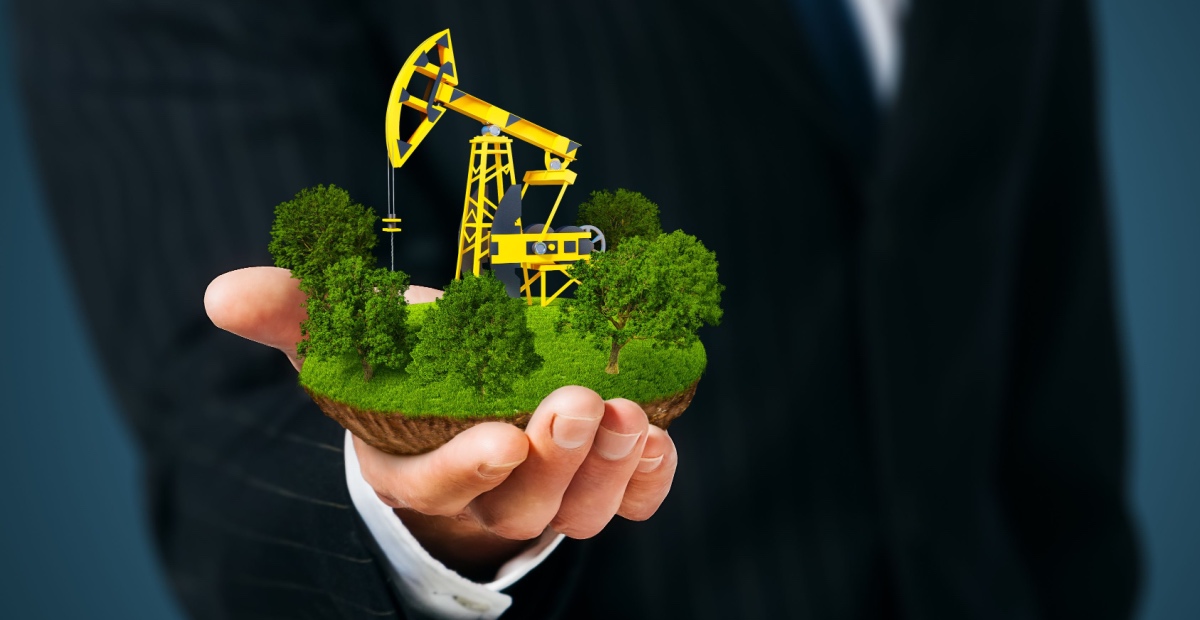Investment case for EVs taken over by sustainability, infrastructure

The ‘golden child’ of clean energy investment, electric vehicles (EVs), could be bumped from the top as supply increases and more attractive opportunities emerge from companies contributing to energy efficiency and sustainable waste management, according to Munro Partners.
Portfolio manager, James Tsinidis, said this trend suggests that “not all clean energy investments are created equal” and is seen especially in clean energy production, where renewable sources like solar and wind are established yet experiencing increasing competition and supply chain risks at the same time as nuclear energy re-emerges as a “reliable, carbon-free baseload power source”.
“In recent times, the investment case for investing in EV manufacturers has fallen. Even before the anti-Musk Tesla backlash occurred, a combination of oversupply, slowing demand, and aggressive competition from China was putting pressure on car makers such as Tesla, making investments less compelling in the short term,” he said.
“Beyond clean energy generation, a compelling investment opportunity lies in electrification enablers or those companies providing grid upgrades, energy storage, and infrastructure solutions that allow renewables and nuclear to integrate seamlessly and efficiently into the energy system.
“Energy efficiency has done more to reduce emissions in the US over the past decade than renewables, yet it remains one of the most overlooked areas of climate investment. Unlike energy production, efficiency solutions reduce demand altogether, cutting costs and emissions in the process.
“As a result, energy efficiency solutions represent one of the fastest-growing and most financially attractive areas of climate investment. At the same time, industrial energy efficiency is becoming a major investment theme. Technologies such as industrial process optimisation, heat pumps, and waste heat recovery are improving operational efficiency in manufacturing, logistics, and data centres.”
Tsinidis said the popularity of artificial intelligence (AI) has caused a ripple effect on energy production and consumption, as its power-intensity sees data centre loads expand significantly more than traditional computing.
“Data centres already contribute over 2.5 per cent of global emissions, a figure set to rise as AI infrastructure expands. Rather than slowing decarbonisation efforts, AI could increase the urgency of the energy transition, forcing companies to scale clean energy investment and grid infrastructure faster than previously expected,” he said.
“Additionally, AI is playing a role in energy efficiency and grid optimisation. Machine learning models are being used to improve electricity demand forecasting, enhance battery storage performance, and increase the efficiency of industrial and building energy systems. While AI is accelerating the need for clean power, it is also emerging as a key enabler of smarter energy use.
“Long-term investors, who position early, will be well placed for the next phase of growth as the world accelerates toward a low-carbon future.”
Investors are also leaning towards other opportunities in sustainable waste management, according to Tsinidis.
“The transition to a sustainable economy is also about redefining how we use materials. The circular economy focuses on reducing waste, increasing recycling, and creating more sustainable production systems,” he said.
“Plastics, industrial waste, and water scarcity present some of the biggest environmental challenges today. Companies involved in waste management, advanced recycling, and water treatment solutions are seeing rising demand, particularly as corporate and government policies push for higher sustainability standards in packaging and industrial processes.”











I think these numbers are too low. Especially if you live in major cities. I try to ensure none of…
Are Interprac / Sequoia going to pay the 10’s of $$ millions in AFCA complaints ? Even after Macquarie &…
Always back self interest when a body is marketing a submission to the government
In other words the system is achieving what the government wanted to happen.
Every day I come on here it feels like it is just the SMC trying to lobby to make one…